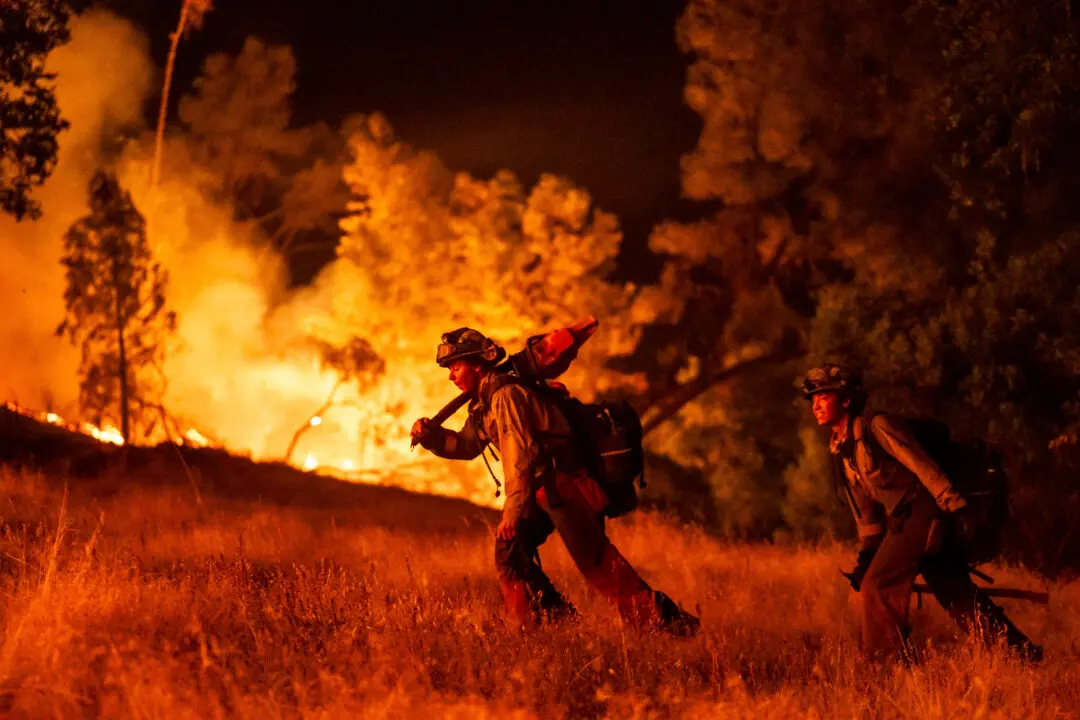New York manufacturer Dynarex Corp. is voluntarily recalling several cases of baby powder from the market after it was found to be potentially contaminated with asbestos.
The company is recalling 62 cases of item No. 4875, Dynacare Baby Powder, Batch No. B 051, which were sent to distributors in Alabama, Arkansas, Colorado, Illinois, Kentucky, North Carolina, New Jersey, Pennsylvania, Tennessee, Florida, Washington, and Wisconsin, according to a press release published by the U.S. Food and Drug Administration on Sept. 19.





